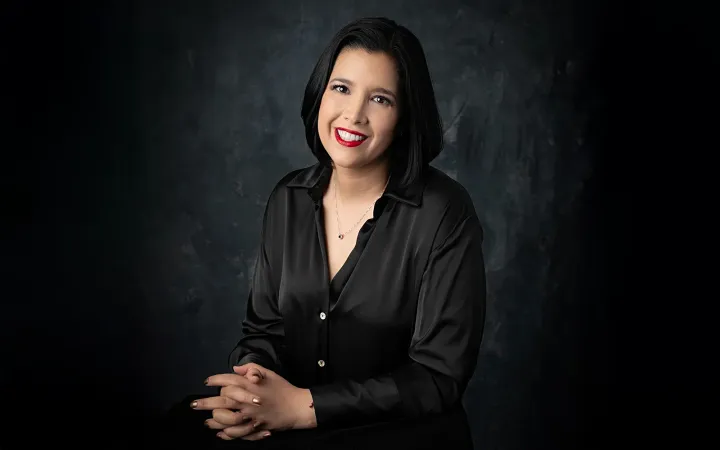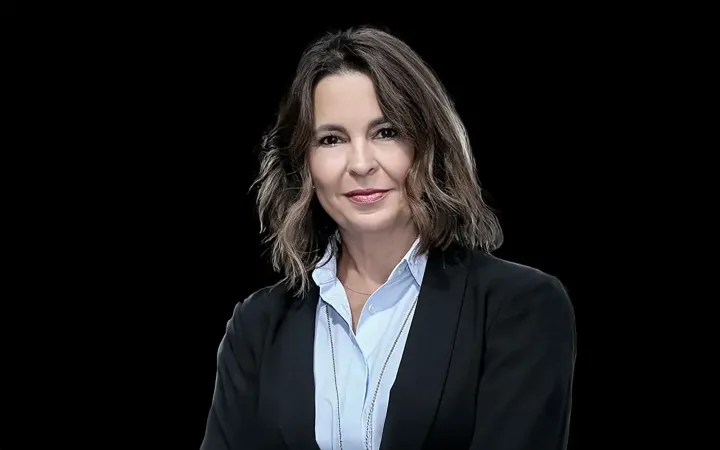Por Yuriria Rodríguez Castro
- A Karla, porque en esos años el amor me abrió los ojos al terror y después de sobrevivir juntas, ya no pude cerrar mi corazón ni mis ojos nunca más.
“La vida se me aparece como instinto de crecimiento, de supervivencia, de acumulación de fuerzas, de poder; donde falta la voluntad de poder, aparece la decadencia. Afirmo que en todos los más altos valores de la humanidad falta esta voluntad, que bajo los nombres más sagrados imperan valores de la decadencia, valores nihilistas…”, El anticristo, de Friedrich Nietzsche
Por lo menos una década atrás anticipamos que el terrorismo y el narcotráfico serían un mismo comportamiento criminal, lo que llevaría a la designación de ciertas organizaciones criminales como terroristas por parte de los Estados Unidos.
Desde entonces, notamos que México tenía que trabajar en este fenómeno de manera preventiva y que el concepto “cártel” no definía al narcotráfico mexicano en pleno siglo XXI. Esta visión no es nueva: reportes de inteligencia, legislaciones y muchos libros se han escrito entendiendo el fenómeno terrorista dentro del narcotráfico, lo único diferente es que el Estado mexicano lo ha negado siempre, por lo que Donald Trump no adopta una política criminal agresiva en este sentido, sólo reconoce la simbiosis del terrorismo y el narcotráfico.
El 20 de enero se cumplió lo que ya sabíamos que pasaría: Donald Trump, presidente electo de Estados Unidos, firmó el decreto que designa a las agrupaciones del narcotráfico mexicano, a la Mara Salvatrucha (M-13) y al Tren de Aragua, como terroristas.
Si no lo hubiera decretado Trump, quizá sería considerado un triunfo del Estado de Derecho, pero es difícil reconocer un acierto legal en un presidente tan cuestionable por su característico proceder ilegal, aunque pareciera que esa doble faceta lo convierte en el ideal para estos tiempos de célebres impostores donde un delincuente en el poder, en la cima de la presidencia, es el único que alardea con devolver la paz al mundo, y la cruel ironía es que probablemente sea así.
Trump parece ser el delincuente más temido por los criminales: pudiera ser que el fin de la violencia quede en manos de los violentos, quienes resuelven diferencias con casi idénticas amenazas.
Aranceles o cobro de piso
Las reacciones en México van desde mensajes nacionalistas y soberanos, hasta un respaldo discreto de quienes han padecido el asedio del narcotráfico con asesinatos, desapariciones y cobro de piso.
Tres días antes de su muerte y desde el hospital, el especialista Alejandro Hope dijo en la presentación de mi libro Terrorismo transnacional y del narcotráfico en México: “Será cuestión de tiempo que el gobierno de Estados Unidos designe a los narcotraficantes mexicanos como terroristas, tal como lo señala el libro de la Dra. Yuriria”. El enlace con Hope fue breve pero muy claro; desde entonces nos convencimos todavía más en ser firmes señalando las consecuencias que esto traería.
Desde Al Qaeda, después con el surgimiento de ISIS (autonombrado “Estado Islámico”) y en medio de este terrorismo que avanzaba con ayuda de las nuevas tecnologías de la comunicación y de la información, irrumpe una extrema violencia muy mediática del narcotráfico mexicano que, a través de una campaña global de videos con decapitaciones, cuando se hacen un solo fenómeno criminal: terrorismo y narcotráfico ya eran inseparables, pero lo complicado era saber —a la fecha no lo sabemos con precisión— quién emuló a quién; lo que sí fue evidente es que de manera casi idéntica, las organizaciones del narcotráfico y el terrorismo islámico arreciaron con imágenes macabras, superando el asesinato público del terrorismo clásico.
Éste fue el paso gigantesco en términos de organizaciones criminales transnacionales y globales, algo que ni el atentado a las Torres Gemelas del 11 de septiembre de 2001 habría logrado por sí mismo; aquellos ataques emblemáticos serían irrelevantes sin el acompañamiento sostenido de videos y fotografías en Internet con mensajes explícitos de decapitaciones y desmembramientos.
Anteriormente, se habían confirmado vínculos financieros y operativos entre Al Qaeda, Hezbolá, Hamás, Los Zetas y el Cártel de Sinaloa; algunos han sido ampliamente documentados en investigaciones previas de organismos internacionales. Sin embargo, todo esto no llegó a preocupar a Estados Unidos hasta que el fentanilo se convirtió en algo similar a un arma química disfrazada de estupefaciente recreativo.
El terrorismo ha simulado por siglos ser lo opuesto al Estado, pero en la práctica termina favoreciendo a los estados que atenta, por lo que no hay terrorismo de Estado si el terror no lo aprueba: lo que cuestiona el terrorismo es la eficacia del Estado sin violencia efectiva.
Si los delitos se presentaran aislados, no podríamos hablar de delincuencia organizada, pero para que el crimen en grupo se realice, tiene que darse un conjunto delictivo y no un ataque solitario; otra evasión inventada por Estados Unidos cuando intenta reducir el atentado a la conducta de un “lobo solitario”. Ni siquiera en el homicidio motivado por impulso y emoción se podría asegurar la absoluta soledad del asesino, pues su mente también está plagada de ideologías y pensamientos que no le son propios. Es por esto, que el terrorismo no es una organización criminal, sino la amalgama de cualquier organización criminal poderosa.

Las opiniones expresadas son responsabilidad de sus autoras y son absolutamente independientes a la postura y línea editorial de Opinión 51.






Comments ()